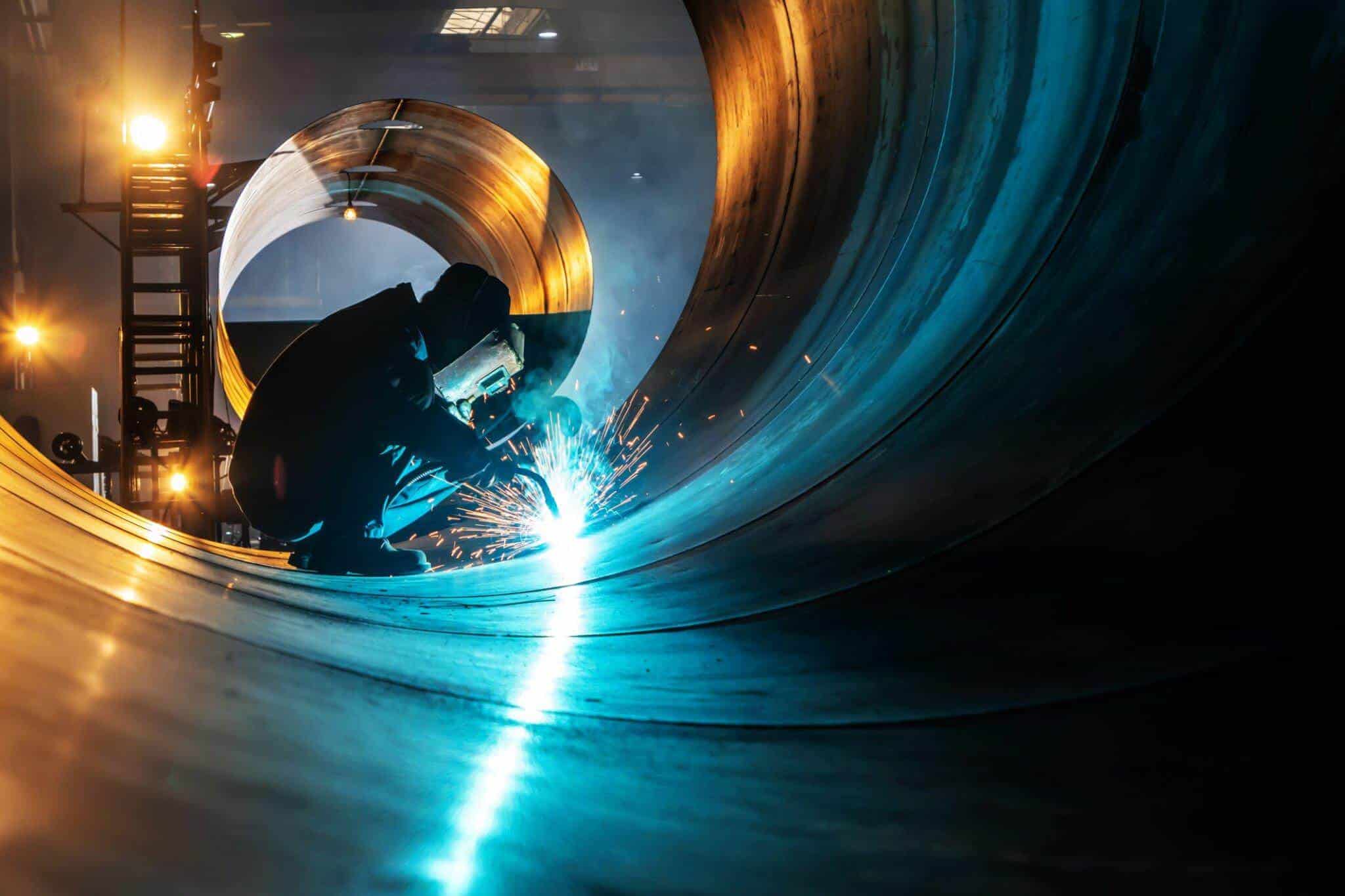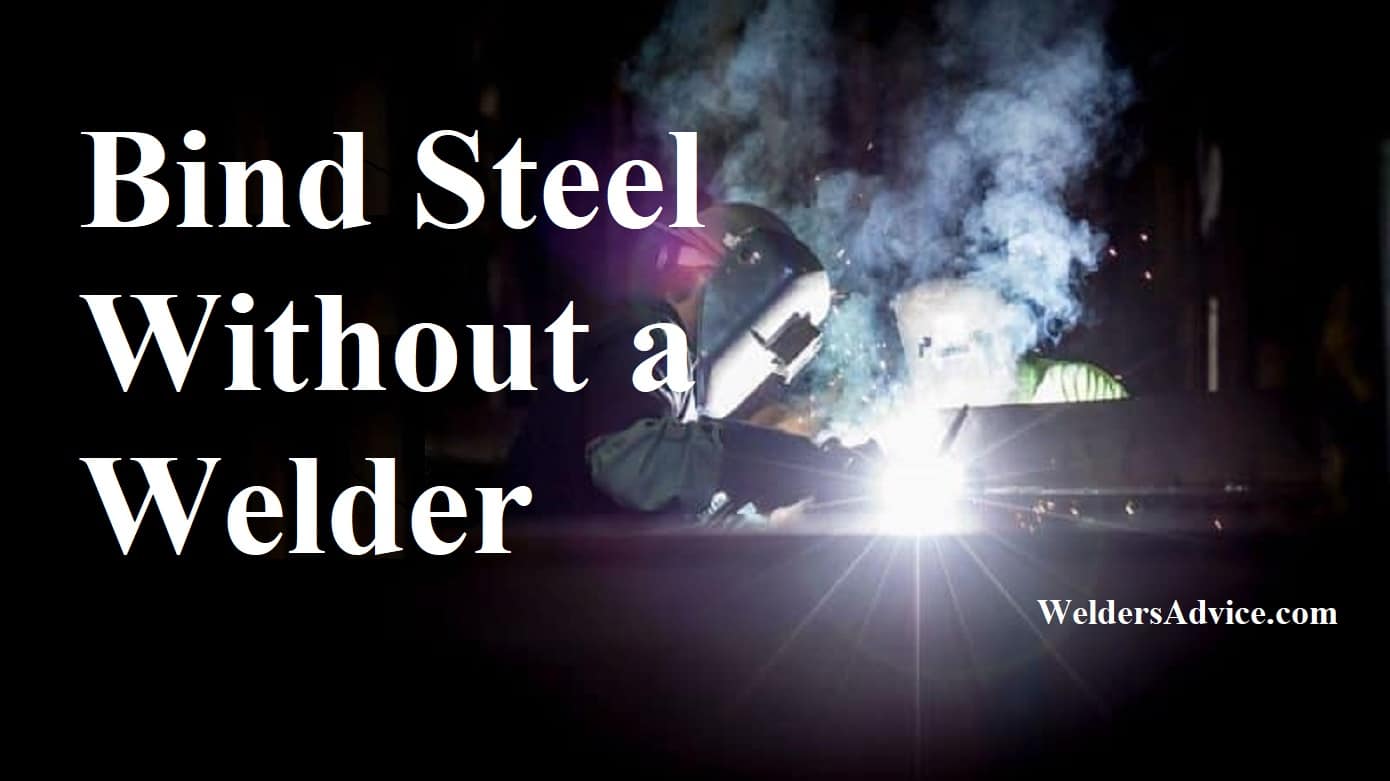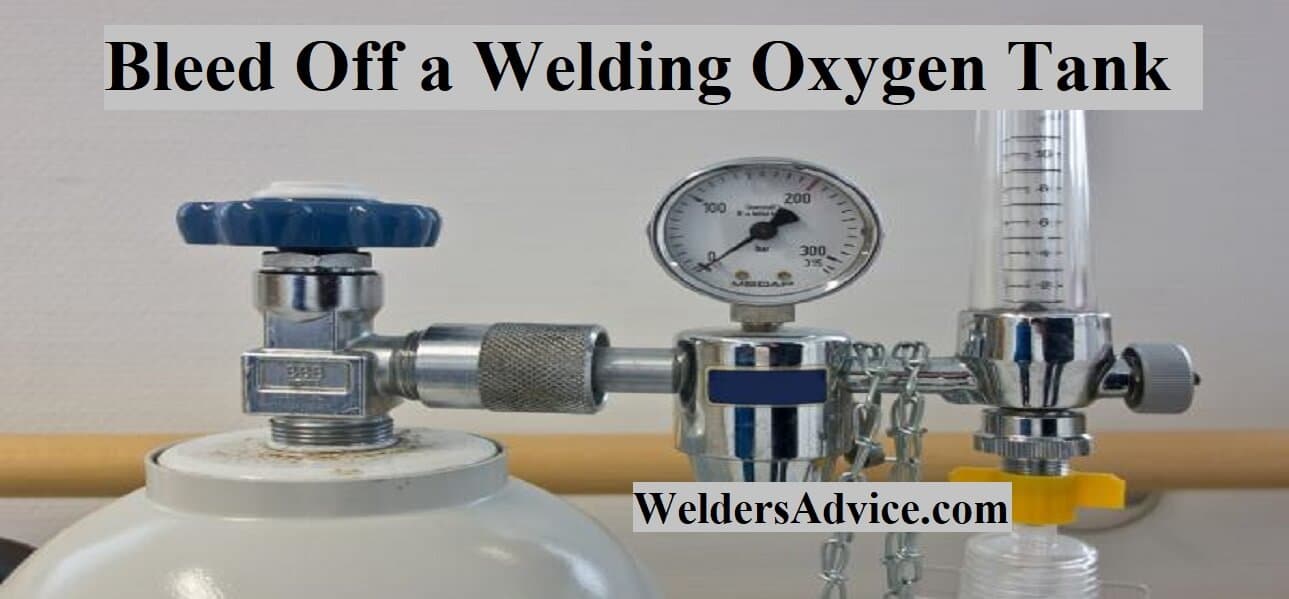Are you interested in becoming a welder with no experience in the field? A career in welding requires dedication, skill, and commitment. Many industries need welders, including construction, manufacturing, and automotive repair. You can become a welder and start a successful career in this exciting field with the right approach and training. In this article, we will discuss the steps you need to take to become a welder with no experience.
Becoming a welder with no experience – Steps
Here are some important steps to becoming a welder with no experience. If you want to learn more, follow this article.
Getting to Know the Welding Industry
Before we can discuss becoming a welder without experience, we need to understand the welding industry. The welding process is crucial in many industries that require metal fabrication, such as manufacturing and construction. The demand for welding jobs is expected to increase in the next few years. Getting a welding job without experience is a great way to start a career in a lucrative industry.
Certification and Training in Welding
You need a welding training program and certification to become a welder. There are welding programs available at technical schools, community colleges, and vocational schools. You will gain hands-on experience with various welding techniques and equipment through these programs. Many employers require welders to be certified as part of their hiring process.
Research into the industry and companies.
In the absence of welding experience, the first step is to research the welding industry and companies. Discover what welding jobs are available and what companies hire welders. Searching online for welding jobs, networking with other welders, and attending job fairs are good places to start. Researching the industry and companies can help you determine the job requirements and skills employers seek.
Investing in Your Welding Tools and Equipment
It is essential that you invest in high-quality welding equipment and tools as a welder. While these tools and equipment are expensive, they are essential for producing high-quality welding. Spend your money on the best tools and equipment you can afford instead of purchasing used welding equipment.
The Safety of Welding
The welding profession can be hazardous, and strict safety protocols are essential to prevent accidents. It is possible to suffer severe injuries from welding, including burns, eye damage, and respiratory problems. Make sure you wear appropriate personal protective equipment (PPE) while welding, such as a welding helmet, gloves, and protective clothing. In addition to following all safety regulations and protocols.
Learning new skills and advancing in your career
There is always something new to learn in welding, as it is a dynamic field. Staying ahead of the curve and advancing their careers require continuing education for welders. In order to increase your earning potential and expand your skill set, you may want to consider pursuing additional welding certifications or specialized training.
Networking for Welding
You can advance your career by building a strong professional network as a welder. Get to know other welders and professionals in the welding industry at welding events and conferences. Become a member of welding associations and online communities to stay connected and learn about new job openings.
Creating a Welding Portfolio
A welding portfolio consists of your best welding work and can be a powerful tool for showing potential employers your skills and experience. Include your welding projects, certifications, and awards, along with photographs.
Apply for Welding Jobs
Once you have gained welding skills, you can apply for welding jobs. Searching online, attending job fairs, and networking with other welders are all ways to find welding jobs. When applying for welding jobs, read the job descriptions carefully. The sooner you follow up on your job application, the higher your chances are of getting an interview.
To be a welder, what skills are essential?
Technical and practical skills are required for welding, a skilled trade. The following skills are essential for welders:
Technical Skills
Welding techniques: MIG, TIG, Stick, and Flux-cored welding are among the welding techniques welders must master.
Read and interpret blueprints and schematics: To understand welding specifications, welders must be able to read and interpret blueprints and schematics.
Knowledge of welding materials: It is important for welders to understand the properties of different welding materials, like steel, aluminum, and stainless steel, and to be able to select the right materials for a given job.
Welding equipment operation: Also known as plasma cutters, welding guns, and welding robots, welding equipment operators must be skilled at operating these tools.
Practical Skills
Hand-eye coordination: In order to work accurately and precisely, welders need excellent hand-eye coordination.
Physical stamina: Workers in welding environments are often required to stand for long periods of time, carry heavy equipment, and work in awkward positions.
Attention to detail: To ensure that welds are of the correct size and position and free of defects, welders must pay close attention to detail.
Problem-solving skills: A welder needs to be able to identify welding issues and find solutions.
Soft Skills
Communication: To ensure that projects are completed as specified, welders must be able to communicate effectively with other team members and clients.
Time management: To meet project deadlines and stay within budgets, welders must manage their time effectively.
Adaptability: To accommodate changes in specifications or unexpected problems, welders must be adaptable and flexible.
Teamwork: It is imperative that welders work collaboratively with other members of the welding team to complete projects on time.
Also Read: Best Watch For Welders
Career tips for welders with no experience
If you’re interested in Becoming a Welder With No Experience, here are some tips that can help you get started:
- Learn welding techniques and materials by enrolling in a welding certification program or apprenticeship. When you begin your career, you will have a strong foundation to build upon.
- You can gain hands-on experience by taking on entry-level welding jobs or internships. Build your resume while developing your skills and learning about the industry.
- You may be able to contribute your welding skills to a local nonprofit or organization that needs them. In addition to gaining experience and building your portfolio, you can also contribute to the community you live in.
- Learn about job opportunities by attending industry events and joining professional organizations. It can be particularly important to the network if you lack experience.
- You can practice welding at home or at a local maker space to develop your skills. Your confidence in your abilities can grow as a result of this.
- Always be willing to learn new techniques and technologies. As a result, you will be able to stay up-to-date with industry trends and become a more valuable asset to potential employers.
- Building a career in welding takes time, don’t get discouraged. Stay committed to your craft and keep working towards your goals.
Read Here About: How Can Robotics Be Applied to Underwater Welding
Final Thoughts on Becoming a Welder With No Experience
Becoming a welder with no experience can be challenging, but with dedication, training, and commitment, it’s possible to build a successful career in this exciting field. Identify a welding specialty that aligns with your interests and career goals by understanding the welding industry. Invest in your tools and equipment, get training and certification, gain practical experience, build your welding skills, and build your network. To advance your career, prioritize safety and seek continuing education.
FAQs About Becoming a Welder With No Experience
What are the most common welding specialties?
Stick welding, MIG welding, and TIG welding are the most common welding specialties.
Is certification required to become a welder?
Welders are not required to be certified, but many employers require it.
How can I gain practical experience as a welder?
To gain practical experience, consider apprenticeships, internships, or entry-level welding jobs.
What is a welding portfolio, and why is it important?
You can use a welding portfolio to showcase your best work to potential employers and showcase your skills and experience.
How can I stay safe while welding?
Make sure all safety guidelines and protocols are followed, including wearing appropriate personal protective equipment (PPE).






